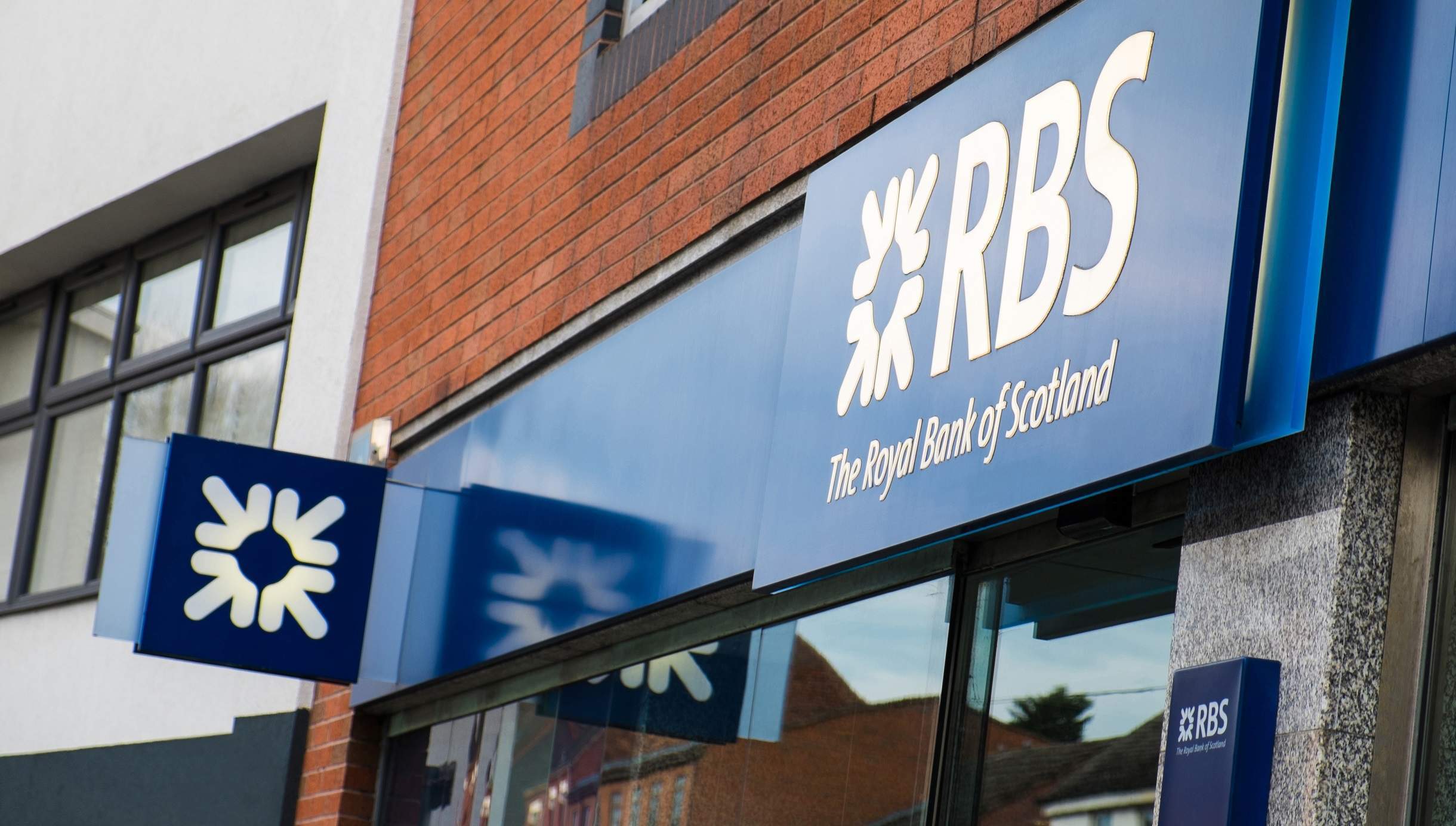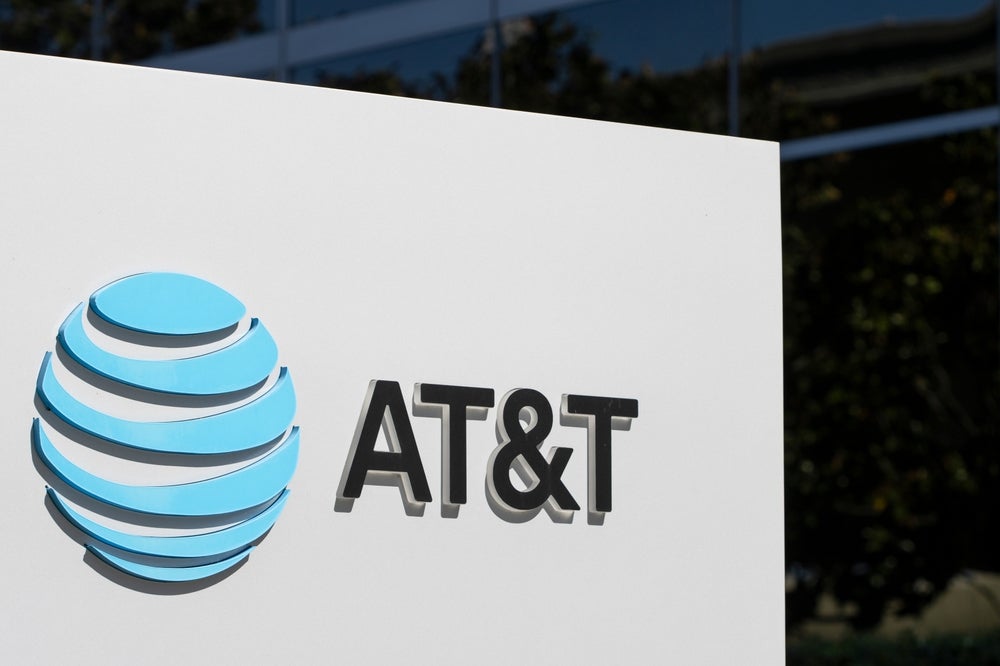
Investors suing the Royal Bank of Scotland (RBS) for the losses the bank incurred in the 2008 financial crisis could settle the case outside of court.
The civil trial, in which 9,000 investors are suing RBS and five of its executives, including former chief executive Fred Goodwin, for misleading them over the bank’s financial health during the financial crash, began on Monday but has been adjourned whilst the two parties work on a settlement.
R.B.S. rights trial delayed a second day as parties move closer to a settlement; bulk of remaining claimants willing to accept latest offer.
— Chad Bray (@Chadbray) May 23, 2017
The £700m trial, which was set to go on for 14 weeks, will explore how fund managers, employees and retail investors at the bank lost around 80 percent of the investments. It has been described as one of the largest and most complicated lawsuits in English legal history.
How well do you really know your competitors?
Access the most comprehensive Company Profiles on the market, powered by GlobalData. Save hours of research. Gain competitive edge.

Thank you!
Your download email will arrive shortly
Not ready to buy yet? Download a free sample
We are confident about the unique quality of our Company Profiles. However, we want you to make the most beneficial decision for your business, so we offer a free sample that you can download by submitting the below form
By GlobalDataThe Financial Times reported that RBS is close to striking a deal with the complaints. On Monday, the bank offered the investors 82p a share, up from the 43.2p it had previously put forward.
Ex-chief executive Goodwin is set to make his first public appearance in June after eight years when he is set to give evidence — that’s if the case continues. He would be the first banker to appear in court to answer questions over his role in the financial crash.
RBS suffered major losses back in 2008 and the UK government had to rescue it with a £45bn bailout. Since then, it has posted nine consecutive years of losses, bringing its total losses over the past nine years to £58bn.
RBS has denied any wrongdoing and said its former bosses did not act illegally. Whatever happens to Goodwin, the costs will be covered by RBS’s directors and officers’ liability insurance so he will not be personally out of pocket, whatever happens.
Speaking about the case last week, the bank’s current chief executive Ross McEwan, said:
“It will take the organisation back to 2008. One of the reasons I was keen to get it resolved … was so the bank could move forward again.”
The news comes after Lloyds Banking Group announced it had finally returned to public ownership after the UK government sold the final shares left over from the bailout. Around £20bn was poured into Lloyds back in 2008 in an attempt to save it, meaning taxpayers owned 43 percent of the bank.
The group has been slowly returning to profitability and posted a £4.3bn profit last year; it’s biggest in a decade.
On the contrary, RBS has still been struggling. The bank is currently 73 percent owned by the taxpayer and there doesn’t seem to be any moves at the moment to recoup this.
As well as this case, the bank has settled four other suits represented more than 80 percent of claims by value. Last year, it set aside £800m to cover settlements with all of the shareholder groups.







